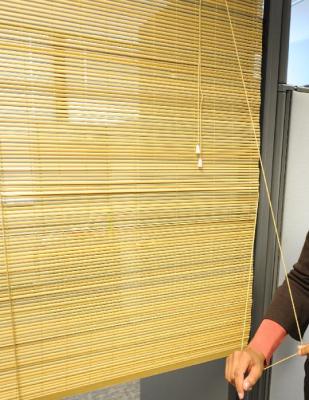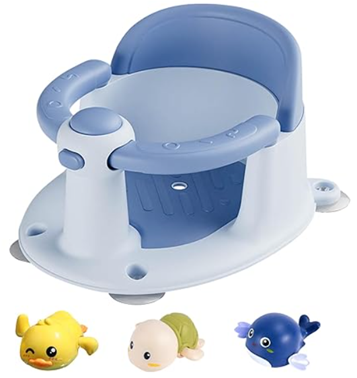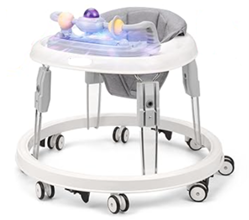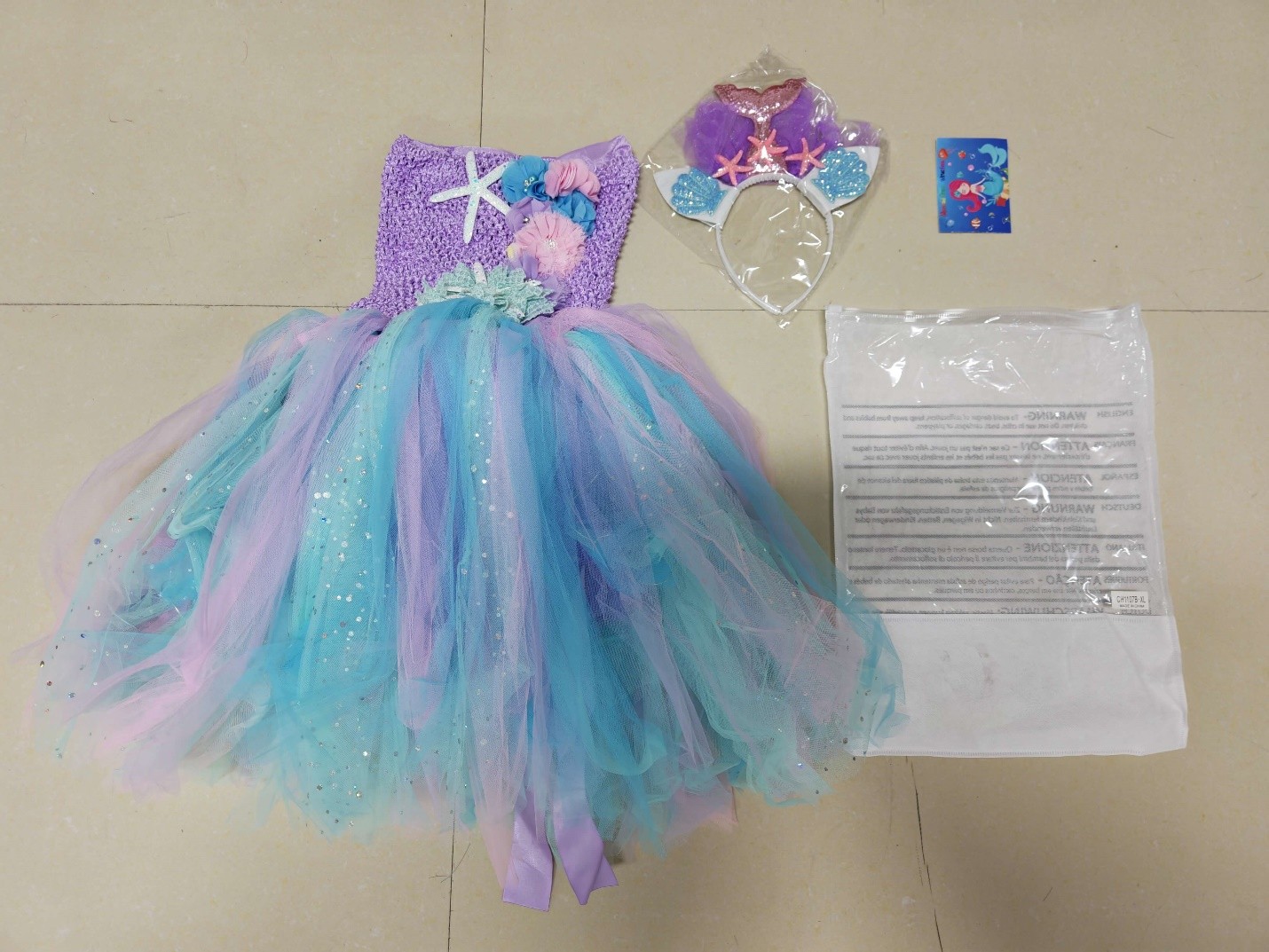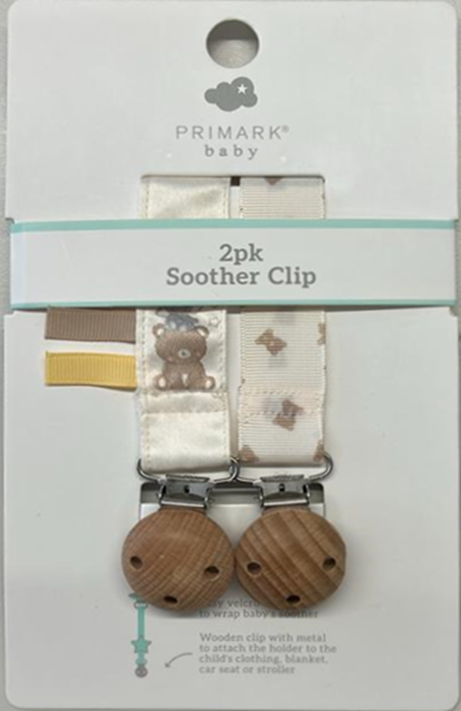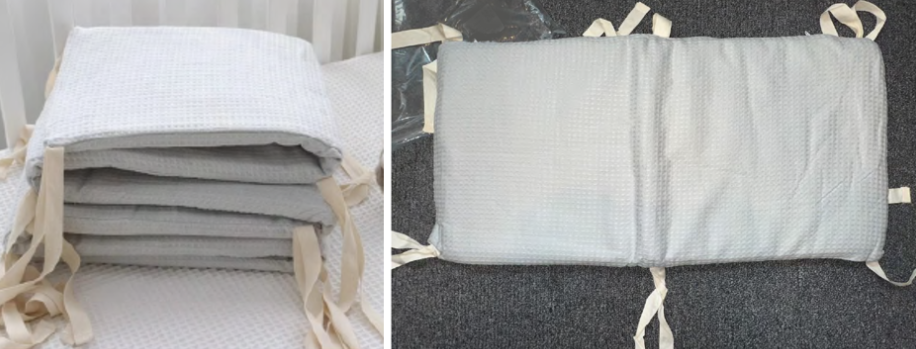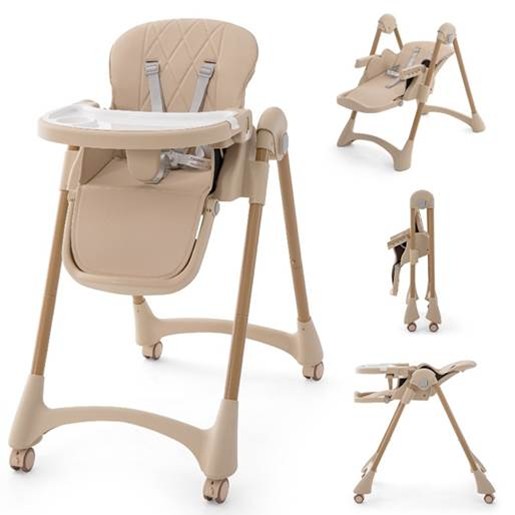Strangulations in Roman shades can occur when a child places his/her neck between the exposed inner cord and the fabric on the backside of the blind or when a child pulls the cord out and wraps it around his/her neck. Strangulations in roll-up blinds can occur if the lifting loop slides off the side of the blind and a child's neck becomes entangled on the free-standing loop or if a child places his/her neck between the lifting loop and the roll-up blind material.
About five million Roman shades and about three million roll-up blinds are sold each year.
Consumers that have Roman or roll-up shades in their homes should contact the WCSC immediately at www.windowcoverings.org or by calling (800) 506-4636 anytime to receive a free repair kit.
Recall Details
WASHINGTON, D.C. - The U.S. Consumer Product Safety Commission (CPSC) and the Window Covering Safety Council (WCSC) are announcing today a voluntary recall to repair all Roman shades and roll-up blinds to prevent the risk of strangulation to young children. This recall involves millions of Roman and roll-up blinds. About five million Roman shades and about three million roll-up blinds are sold each year.
CPSC has received reports of five deaths and 16 near strangulations, since 2006, in Roman shades and three deaths, since 2001, in roll-up blinds. Strangulations in Roman shades can occur when a child places his/her neck between the exposed inner cord and the fabric on the backside of the blind or when a child pulls the cord out and wraps it around his/her neck. Strangulations in roll-up blinds can occur if the lifting loop slides off the side of the blind and a child's neck becomes entangled on the free-standing loop or if a child places his/her neck between the lifting loop and the roll-up blind material.
"Over the past 15 years, CPSC has been investigating window covering hazards and working with the WCSC to ensure the safety of window coverings. We commend the WCSC for providing consumers with repair kits that make window coverings safer and look forward to future steps to eliminate these hazards," said Inez Tenenbaum, CPSC Chairman.
Over the years, CPSC has been investigating deaths associated with different types of window coverings and has worked with the WCSC to address the hazards posed by them. In 1994 and in 2000, CPSC and WCSC announced recalls to repair horizontal blinds to prevent strangulation hazards posed by pull cord and inner cord loops. As a result of CPSC investigations, the industry has modified its products and provides free repair kits for existing horizontal blinds and other window coverings. In October 2009, CPSC issued a new safety alert to warn parents about the dangers associated with window coverings.
Consumers that have Roman or roll-up shades in their homes should contact the WCSC immediately at www.windowcoverings.org or by calling (800) 506-4636 anytime to receive a free repair kit.
To help prevent child strangulation in window coverings, CPSC and the WCSC urge parents and caregivers to follow these guidelines:
- Examine all shades and blinds in the home. Make sure there are no accessible cords on the front, side, or back of the product. CPSC and the WCSC recommend the use of cordless window coverings in all homes where children live or visit.
- Do not place cribs, beds, and furniture close to the windows because children can climb on them and gain access to the cords.
- Make loose cords inaccessible.
- If the window shade has looped bead chains or nylon cords, install tension devices to keep the cord taut.
Consumers that have Roman or roll-up shades in their homes should contact the WCSC immediately at www.windowcoverings.org or by calling (800) 506-4636 anytime to receive a free repair kit.
CPSC has received reports of five deaths and 16 near strangulations, since 2006, in Roman shades and three deaths, since 2001, in roll-up blinds.
Note: Individual Commissioners may have statements related to this topic. Please visit www.cpsc.gov/commissioners to search for statements related to this or other topics.
If you are experiencing issues with a recall remedy or believe a company is being non-responsive to your remedy request, please use this form and explain the situation to CPSC.
The U.S. Consumer Product Safety Commission (CPSC) is charged with protecting the public from unreasonable risk of injury associated with the use of thousands of types of consumer products. Deaths, injuries, and property damage from consumer product-related incidents cost the nation more than $1 trillion annually. Since the CPSC was established more than 50 years ago, it has worked to ensure the safety of consumer products, which has contributed to a decline in injuries associated with these products.
Federal law prohibits any person from selling products subject to a Commission ordered recall or a voluntary recall undertaken in consultation with the CPSC.
For lifesaving information:
- Visit CPSC.gov.
- Sign up to receive our email alerts.
- Follow us on Facebook, Instagram, X, BlueSky, Threads, LinkedIn and Truth Social.
- Report a dangerous product or product-related injury on www.SaferProducts.gov.
- Call CPSC’s Hotline at 800-638-2772 (TTY 800-638-8270).
- Contact a media specialist.



